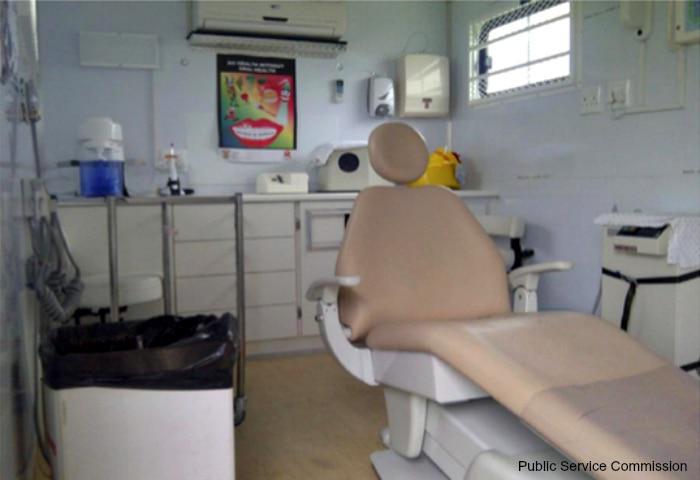NHI could push public spending on health to new heights

 The country currently spends about four percent of its gross domestic product (GDP) on public health services, and a quarter of this is devoted to HIV.
The country currently spends about four percent of its gross domestic product (GDP) on public health services, and a quarter of this is devoted to HIV.
South Africa will probably have to push up public spending on health by at least another two percent of GDP to make a significant impact on reducing early childhood deaths, said Blecher this week at the launch of a new report on investments in health in The Lancet.
However, with the introduction of the National Health Insurance (NHI), South Africa is likely to reach this level of spending.
Dick Forslund, a researcher at the Alternative Information and Development Centre, reported last week that the NHI was not mentioned in Treasury’s September’s medium-term budget policy statement.
While Blecher said that it is true that the NHI does not appear per se in the budget, he said that Treasury was waiting for the White Paper on the NHI to be released.
However Blecher said that the medium-term budget made provision for early NHI work and includes two conditional grants dedicated to supporting the NHI. One of these grants will go to contracting about 600 private doctors to work part-time in government clinics.
But Wits health economist Professor Alex Van Den Heever cautioned that better health is not all about spending more money.
The country currently spends about R7 000 per patient per year, which is roughly the same amount of money as Cuba but South Africa continues to have far worse health outcomes than the island nation. Getting better results for money will involve making the health system more efficient, Van Den Heever said. – Health-e News Service.
Author
Republish this article
This work is licensed under a Creative Commons Attribution-NoDerivatives 4.0 International License.
Unless otherwise noted, you can republish our articles for free under a Creative Commons license. Here’s what you need to know:
You have to credit Health-e News. In the byline, we prefer “Author Name, Publication.” At the top of the text of your story, include a line that reads: “This story was originally published by Health-e News.” You must link the word “Health-e News” to the original URL of the story.
You must include all of the links from our story, including our newsletter sign up link.
If you use canonical metadata, please use the Health-e News URL. For more information about canonical metadata, click here.
You can’t edit our material, except to reflect relative changes in time, location and editorial style. (For example, “yesterday” can be changed to “last week”)
You have no rights to sell, license, syndicate, or otherwise represent yourself as the authorized owner of our material to any third parties. This means that you cannot actively publish or submit our work for syndication to third party platforms or apps like Apple News or Google News. Health-e News understands that publishers cannot fully control when certain third parties automatically summarise or crawl content from publishers’ own sites.
You can’t republish our material wholesale, or automatically; you need to select stories to be republished individually.
If you share republished stories on social media, we’d appreciate being tagged in your posts. You can find us on Twitter @HealthENews, Instagram @healthenews, and Facebook Health-e News Service.
You can grab HTML code for our stories easily. Click on the Creative Commons logo on our stories. You’ll find it with the other share buttons.
If you have any other questions, contact info@health-e.org.za.
NHI could push public spending on health to new heights
by lauralopez, Health-e News
December 4, 2013



